![AI Video Revolution: How the Internet is Forever Changed [2025] 1 Post thumbnail](https://www.guvi.in/blog/wp-content/uploads/2024/03/Feature-4.webp)
AI Video Revolution: How the Internet is Forever Changed [2025]
Apr 26, 2025 4 Min Read 4796 Views
(Last Updated)
The rise of the internet created a huge impact on the world, and it changed it forever. But it didn’t stop there, with the rise in technology within the internet, the last decade has seen some spectacular changes, and this decade we have started with AI.
With the rise of AI, just like how the internet changed the world, AI changed the course of the internet. But did it just stop with that? Absolutely not, it went one step ahead and did an overall revolution in the world, and we call that the AI video revolution.
Wondering what it’s all about? Let’s take a deep dive into the world of the AI video revolution and how it changed the internet forever. So, let’s get started.
Table of contents
- AI Video Revolution: The Dawn of a New Era
- Advantages and Disadvantages of the AI Video Revolution
- Advantages of the AI Video Revolution
- Disadvantages of the AI Video Revolution
- A Glimpse into the Future of the AI Video Revolution
- Conclusion
- FAQs
- What are deepfakes, and why are they a concern?
- Does AI threaten jobs in the video production industry?
- What challenges do creators face in the AI-driven video landscape?
- What future advancements are expected in the AI video revolution?
AI Video Revolution: The Dawn of a New Era
![AI Video Revolution: How the Internet is Forever Changed [2025] 2 AI Video Revolution](https://www.guvi.in/blog/wp-content/uploads/2024/04/Image-1-1-1200x600.webp)
Once, the internet was a simpler place, dominated by text and static images. Videos were a luxury those days, constrained by bandwidth limitations and the need for significant technical expertise to produce and share.
But the hierarchy has been changed now, and the landscape began to shift with the advent of more sophisticated video streaming platforms and the rise of social media, but the true seismic change is slowly happening.
Enter the AI video revolution. With its introduction into the video realm, the barriers that once separated professional content creators from hobbyists have started to crumble.
AI video technology has enabled an explosion of content, making it possible for anyone with a smartphone to produce videos using ai text to video tools that a decade ago would have required a professional studio
Know More: The Rise (RAISE) Of Artificial Intelligence
Before we move to the next section, if you want to learn more about Artificial Intelligence, consider enrolling in a professionally certified AI course by a recognized institution that teaches you everything about the subject.
Advantages and Disadvantages of the AI Video Revolution
![AI Video Revolution: How the Internet is Forever Changed [2025] 3 Advantages and Disadvantages of the AI Video Revolution](https://www.guvi.in/blog/wp-content/uploads/2024/04/Image-2-1-1200x600.webp)
The AI video revolution has reshaped the landscape of digital content creation and consumption, bringing about a host of advantages and introducing new challenges. It is as if the popular saying “two sides of the same coin”.
Must Read About 7 Benefits of AI-Powered Learning Environments
Let’s delve deeper into both sides of this AI video revolution and understand its potential benefits as well as its harms.
Advantages of the AI Video Revolution
- Accessibility and Democratization: AI has made video production tools like Simplified Video Generator that is more accessible to a wider audience, breaking down the technical and financial barriers that once limited content creation to professionals. This democratization has enabled a diverse array of voices to share their stories and perspectives, enriching the digital content landscape.
- Efficiency and Automation: AI-powered tools can automate time-consuming aspects of video production, such as editing, color correction, and even scriptwriting. This not only speeds up the creative process but also allows creators to focus more on the creative aspects of storytelling and less on the technical execution.
- Personalization and Engagement: AI algorithms excel at analyzing viewer preferences and behavior, enabling platforms to deliver highly personalized content recommendations. This not only enhances the viewer’s experience but also increases engagement, keeping users hooked with content tailored to their interests.
- Improved Discoverability: With AI’s ability to intelligently tag and index content, videos are more discoverable than ever before. This means that quality content is less likely to get lost in the sea of digital information, and creators have a better chance of reaching their target audience.
- Innovative Content Formats: AI is at the forefront of creating new and innovative video formats, such as interactive videos where viewers can make choices that influence the narrative. This not only adds a layer of interactivity to video content but also opens up new avenues for storytelling and audience engagement.
Explore: Top 9 AI Tools for Content Creation That You Shouldn’t Miss
Disadvantages of the AI Video Revolution
- Deepfake Concerns: One of the most alarming drawbacks of AI in video creation is the rise of deepfakes—hyper-realistic video forgeries that can deceive viewers. The potential misuse of deepfakes raises significant ethical and legal concerns, including privacy violations, defamation, and the spread of misinformation.
- Job Displacement: As AI tools become more sophisticated, there’s a growing concern about the displacement of jobs in the video production industry. Tasks that once required human skill and creativity may become automated, potentially leading to job losses and a devaluation of human craftsmanship.
- Overreliance on Algorithms: Heavy reliance on AI for content recommendation can lead to echo chambers, where viewers are only exposed to content that aligns with their existing beliefs and interests. This can limit the diversity of thought and prevent users from discovering new and challenging perspectives.
- Loss of Authenticity: The ease of creating and manipulating video content with AI might lead to a loss of authenticity. As the line between real and AI-generated content blurs, viewers may become skeptical of the authenticity of video content, undermining trust in digital media.
- Ethical and Privacy Concerns: The use of AI in video analytics and personalization raises privacy and ethical concerns. The collection and analysis of viewer data without explicit consent or understanding can lead to privacy infringements and ethical dilemmas regarding data usage and rights.
Also Read: Best AI Tools for Students 2025
A Glimpse into the Future of the AI Video Revolution
![AI Video Revolution: How the Internet is Forever Changed [2025] 4 A Glimpse into the Future of the AI Video Revolution](https://www.guvi.in/blog/wp-content/uploads/2024/04/Image-3-1-1200x600.webp)
As we stand on the pinnacle of technological innovation, the future of the AI video revolution promises to create an era of unprecedented change and opportunity.
The potential for AI in the context of video creation is not just about enhancing existing processes but about reimagining the very nature of how we create, share, and experience video content.
Let’s explore some of the exciting prospects and considerations that lie ahead:
- Virtual and Augmented Realities Merge with Video Production
- AI-generated content and Real-Time Adaptation
- Interactive and Participatory Video Experiences
- Ethical AI and the Fight Against Misinformation
- Democratization of Content Creation and Distribution
- Balancing Automation with Human Creativity
The recent speculation of OpenAI’s Sora, an artificial intelligence just like ChatGPT but for video creation which is still in its testing phase created a wide uproar among the tech community as that will create whatever we type in and this will lead to a rise in misinformation and false claims.
So, it is in our hands to make sure not to believe everything that we see on the internet and keep ourselves updated with the trends happening in the AI world so that we can use it ethically and safely.
Learn More: Artificial Intelligence vs Human Intelligence: A Definitive Comparison
Conclusion
In conclusion, the AI video revolution is transforming the digital world that we see daily, democratizing content creation, and ushering in a new era of personalized and engaging video experiences.
While it offers unparalleled opportunities for efficiency, creativity, and immersive storytelling, it also poses significant challenges, including ethical dilemmas and the potential for job displacement.
The journey through the AI video revolution is about striking a balance between innovation and integrity, ensuring a vibrant and inclusive digital future for all.
Also Explore: AI vs ML vs Data Science: What Should You Learn In 2025?
FAQs
Deepfakes are hyper-realistic video forgeries created with AI, posing concerns for misinformation, privacy violations, and the potential misuse of malicious activities.
While AI automates certain tasks, it also opens up new opportunities for creativity and efficiency. The balance between automation and job displacement is an ongoing discussion in the industry.
Challenges include keeping up with rapidly evolving technologies, navigating ethical considerations, and maintaining authenticity and creativity amidst automation.
Future advancements include more sophisticated AI-generated content, enhanced interactivity, and improved mechanisms for ethical and privacy considerations.















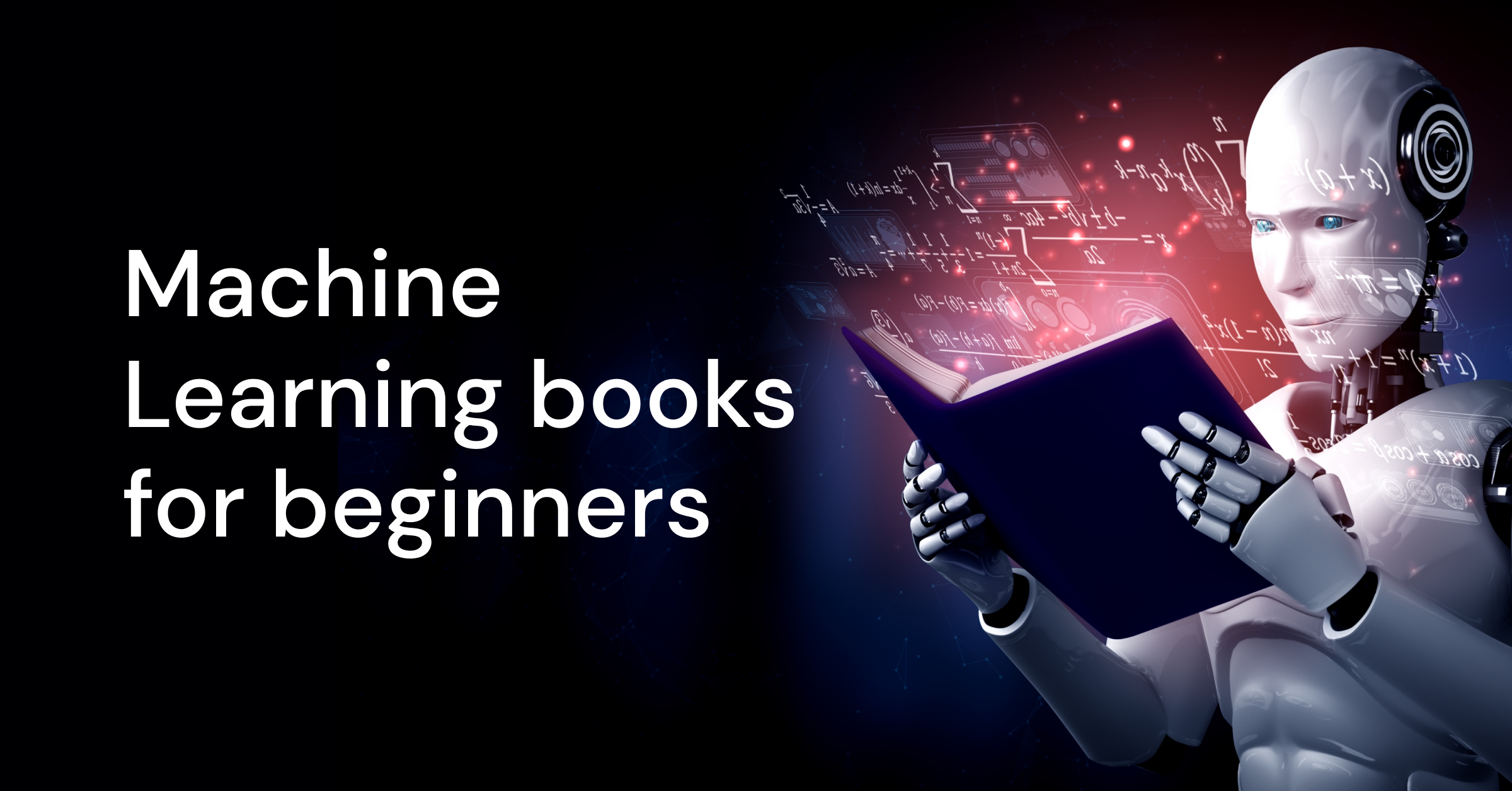


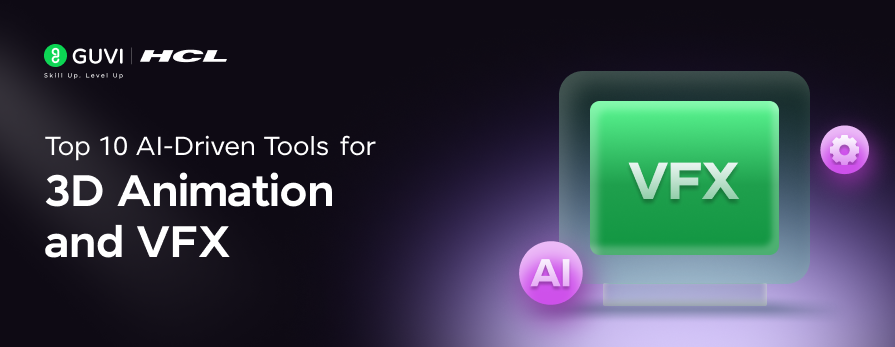
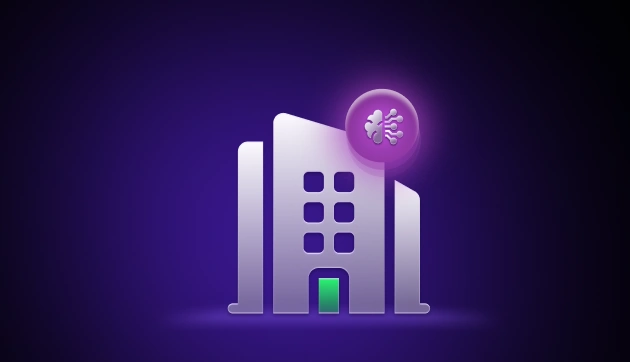


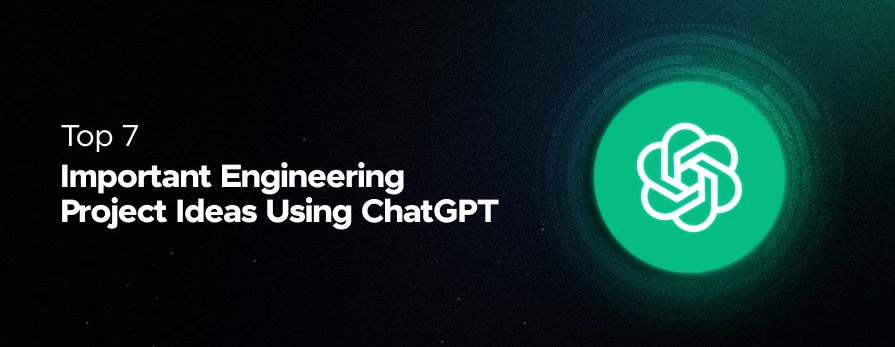
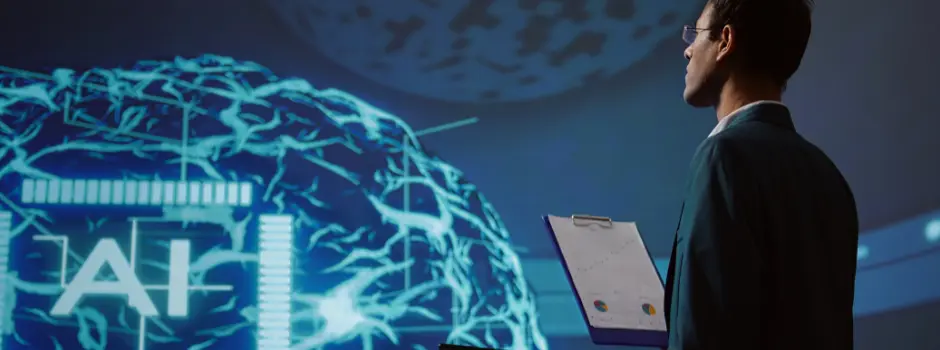

Did you enjoy this article?